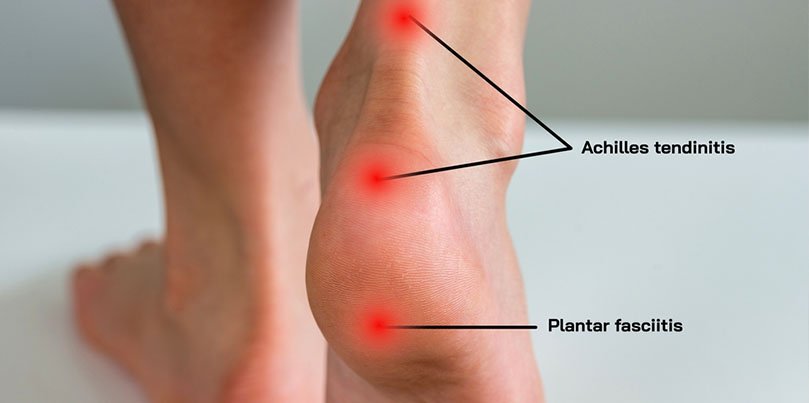Hypothyroidism is a condition in which the thyroid gland does not secrete adequate amounts of thyroxine the T4 form and triiodothyronine the T3 form of the hormone thyroxine. The reduced production of thyroid hormones in our body directly affects the ability of our body cells to convert glucose to energy. Imbalance in thyroid function indirectly affects our fertility, insulin function, high cholesterol levels leading to central obesity, heart disease and a lowered metabolism. In most cases, hypothyroidism is an autoimmune condition where our body’s defence system mistakenly destroys the thyroid tissues thus reducing its ability to produce the thyroid hormone.
Most common symptoms:
- Fatigue
- Weight gain
- Puffy face and dry skin
- Constipation
- Irregular or heavy menstrual cycles
- Thinning hair
- Lowered heart rate and sensitivity to cold temperatures
- Feeling confused with memory problems
Although there isn’t a single diet that can reverse or cure hypothyroidism, maintaining normal thyroid function and improving our health can be achieved by following our doctor’s advice regarding thyroid replacement therapy and good nutrition. Certain essential nutrients are crucial for the thyroid hormone’s proper functioning.
- Iodine helps in the formation of T3 and T4 forms of thyroid hormones. We need 150 mcg of iodine daily, and this can be achieved by including yoghurt, seafood, seaweed, and iodized salt in our diet. Iodine deficiency is also associated with breast tenderness and fibrocystic breast during menstrual cycle, a temporary condition due to hormonal changes.
- Selenium plays a key role in autoimmune thyroiditis by reducing the activity of thyroid antibodies that destroy the thyroid gland cells. Adequate intake of 55 mcg of selenium along with iodine and iron is crucial for our development at all ages. Some good dietary sources of selenium are tuna, sardines, brazil nuts, eggs, mushroom, lentils, greens, banana, and yoghurt.
- Zinc helps in the formation and metabolism of the thyroid hormones and the thyroid stimulating hormone (TSH) plays a key role in the release of the hormones from the thyroid gland. Dietary sources include red meat, oyster, seafood, nuts, eggs, legumes, pumpkin seeds and wholegrains.
- Vitamin D has a direct impact on autoimmune thyroid disease as it plays a key role in the immune regulation and inflammatory reaction in the body. it is available in dairy, nuts, eggs, mushrooms, seafood, liver, cheese and sunlight exposure. In case of Vitamin D deficiency, it is best advised to correct the deficiency through supplementation under the supervision of a physician.
- Eating a diet rich in both soluble and insoluble fiber is necessary for the efficient absorption of the above key nutrients. A diet inclusive of fruits, vegetables and whole grains help maintain a good microbiome and a healthy gut.
IRAC Multispeciality Clinic
102 & 105, 1st floor, Building 47, Dubai Healthcare City, Dubai – UAE.
📞+97144568952 / Wa.me/971526198738
✉ info@iracdubai.com





